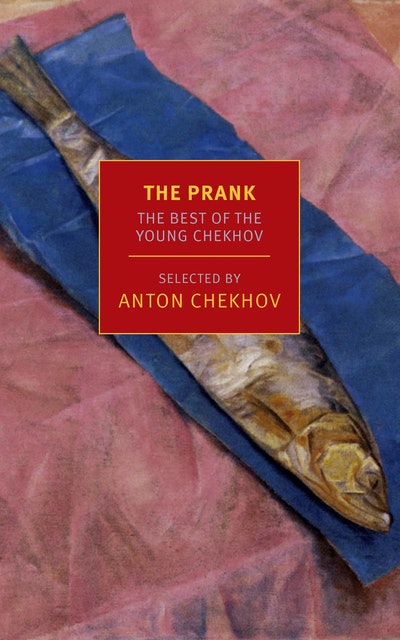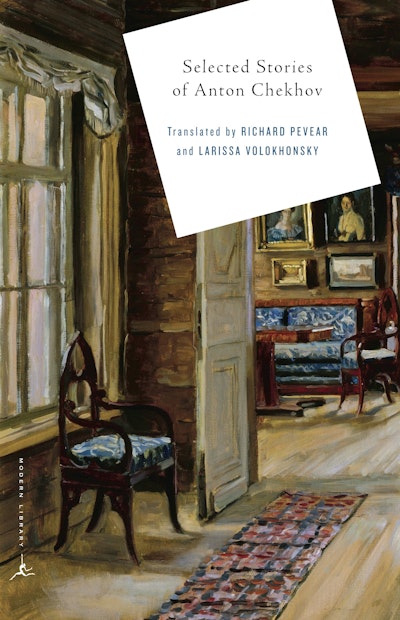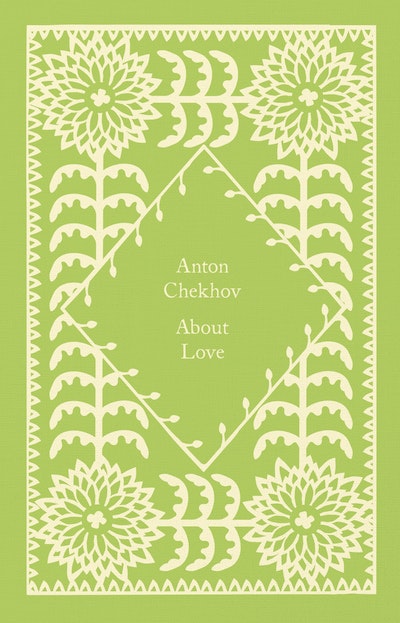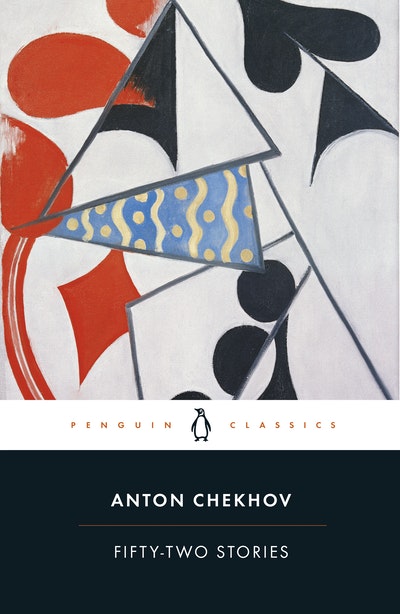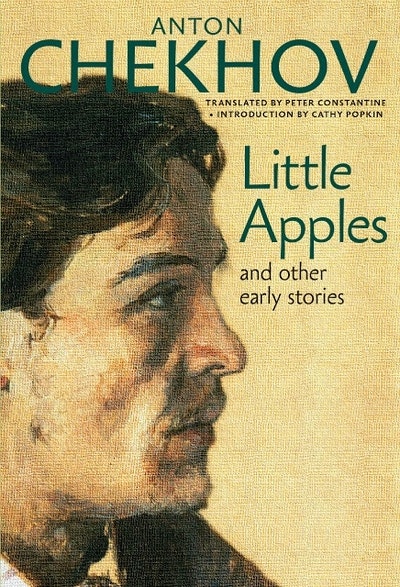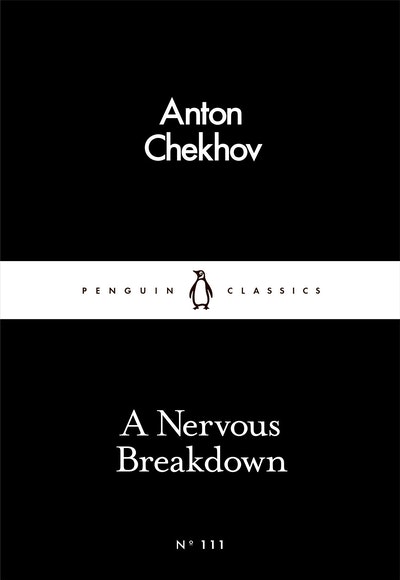- Published: 15 August 2015
- ISBN: 9781590178362
- Imprint: NY Review Books
- Format: Paperback
- Pages: 144
- RRP: $34.99
The Prank
The Best of Young Chekhov
- Published: 15 August 2015
- ISBN: 9781590178362
- Imprint: NY Review Books
- Format: Paperback
- Pages: 144
- RRP: $34.99
Praise for Anton Chekhov:
"Chekhov's stories are as wonderful (and necessary) now as when they first appeared...It is not only the immense number of stories he wrote--for few, if any, writers have ever done more--it is the awesome frequency with which he produced masterpieces, stories that shrive us as well as delight and move us, that lay bare our emotions in ways only true art can accomplish." --Raymond Carver
"As readers of imaginative literature, we are always seeking clues, warnings...Where in life to search more assiduously; what not to overlook; what's the origin of this sort of human calamity, that sort of joy and pleasure: how can we live nearer to the latter, further off from the former? And to such seekers as we are, Chekhov is a guide, perhaps the guide." --Richard Ford
"[Chekhov's characters] are not lit by the hard light of common day but suffused in a mysterious grayness. They move in this as though they were disembodied spirits. It is their souls that you seem to see...You have the feeling of a vast, gray, lost throng wandering aimless in some dim underworld." --Somerset Maugham
"We have to cast about in order to discover where the emphasis in these strange stories rightly comes...The soul is ill; the soul is cured; the soul is not cured." --Virginia Woolf
"Read Chekhov, read the stories straight through." --Francine Prose
"Reading his stories keeps us honest, and humble, but somehow also lighthearted." --Sonya Chung
"What writers influenced me as a young man? Chekhov! As a dramatist? Chekhov! As a story writer? Chekhov!" --Tennessee Williams
"Reading Chekhov was just like the angels singing to me." --Eudora Welty
